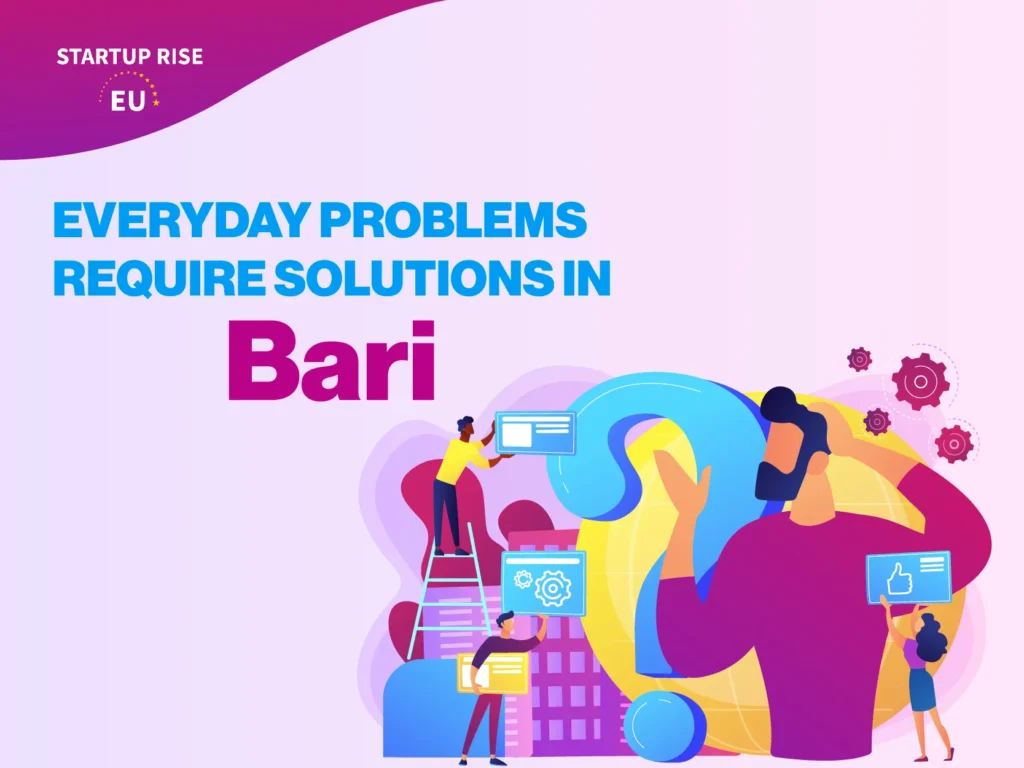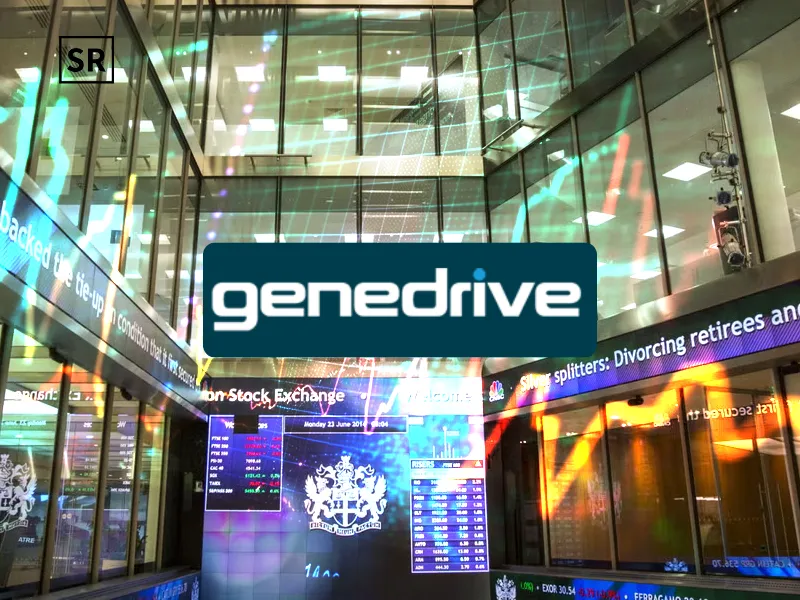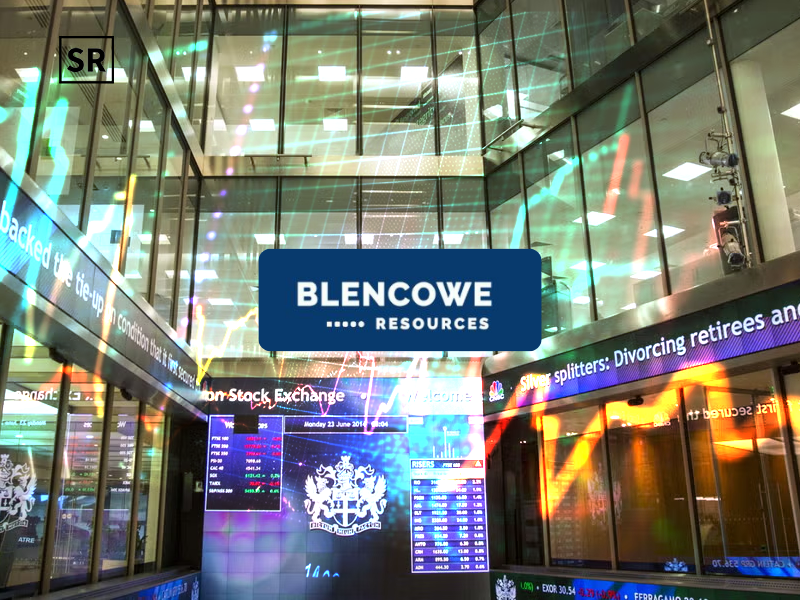
Bari is a picturesque coastal city located in the Puglia region of southern Italy, known as the heel of Italy's boot. It serves as a major hub for Mediterranean cruises and is the largest urban area on the Adriatic Sea.
SUMMARY
- Everyday Problems Require Solutions Bari, Italy.
- Bari is a picturesque coastal city located in the Puglia region of southern Italy, known as the heel of Italy's boot.
- Many everyday problems in Bari require solutions, whether through creative inventions or better implementation.
Despite its strategic position connecting Italy to the Balkans, the Middle East, and the wider Mediterranean, Bari faces numerous challenges such as unemployment, social inequality, environmental issues, and urban sprawl. To address these issues, city officials have initiated a variety of policies focused on innovation, sustainability, social integration, and regional development.
Entrepreneurs in Bari have the opportunity to tackle these challenges by creating cost-effective and sustainable solutions through technological advancements. By identifying and solving common local problems, startups can successfully develop innovative solutions that meet the community's needs.
Capital Formation
Capital formation involves raising funds to support business ventures, which in turn is important for entrepreneurs because it provides the financial means to bring new products and services to market. Without access to funding, many entrepreneurs will struggle to realise their ideas.
RECOMMENDED FOR YOU

Atome Share Price Prediction 2025, 2026 to 2030 – Expert Analysis
Team SR
Sep 15, 2025

Genedrive Share Price Prediction (2025-2030): Expert Analysis & Predictions
Kailee Rainse
Mar 28, 2025
Investors play a vital role by providing the financial resources necessary to support entrepreneurship and business growth. Entrepreneurs need capital to start and expand their businesses, which they obtain by attracting investors who believe in their vision and are willing to invest.
This not only helps entrepreneurs launch their ventures but also provides investors with an opportunity to earn a return on their investment. This mutually beneficial arrangement promotes economic growth by creating new industries, disrupting existing markets, and promoting innovation. As startups expand, they generate revenue, create jobs, and contribute to overall economic growth and GDP expansion.
Quality Education
Education is a fundamental right, yet not everyone has access to it. Basic education is essential to navigate the modern world, especially when technology is constantly advancing. It is important that education is accessible to all, providing opportunities for earning and living.
Startups, in turn, can play a key role in transforming education by using technology, innovation, and collaboration. Their efforts can revolutionise teaching and learning methods, increase access to education, enhance skill development, and promote inclusive, high-quality education for all.
Startups can improve access to education, especially in remote or underserved areas, by creating online learning platforms, mobile apps, or offline resources. These tools allow students to access educational content regardless of their location or financial status, thus increasing educational opportunities and breaking down barriers to learning.
They can also fill this gap by offering vocational training programmes and skill development initiatives. By equipping individuals with relevant skills, startups contribute to developing a skilled workforce and supporting the country's economic growth.
Democratisation of Technology
Democratisation of technology involves making technology tools easier to use so that more people can understand and use them without the need for specialised knowledge. When a tool is democratised, it means that anyone can learn to use it without extensive training.
The benefit of democratising technology is that it, in turn, allows more people to shape and customise technology to suit their needs and goals. Simplifying technology to make it more user-friendly is a key step in the democratisation of technology because it enables more people to learn the skills needed to use it effectively.
Many startups, in turn, lead the way in innovating and leveraging technology to benefit even the most remote customers. They often do this by adopting innovative ideas and having the flexibility to transform traditional industries and create new solutions accessible to a wider audience.
These approaches can make technology available to individuals or businesses that previously couldn't afford or access such resources. By sharing knowledge, expertise, and code, startups can contribute to a collective effort to democratise technology.
Focusing on using technology to solve societal challenges is one solution. Issues such as access to clean water, healthcare, education, and sustainable agriculture can all benefit from increasing access to technology. This not only helps democratise technology but also helps solve other important problems.
Urban Pollution
The growing threat of pollution is a major risk to both humans and the environment, especially in many of Bari's major urban centers. Rapid urbanisation has led to dramatic population growth in some cities, which has exceeded their capacity and resulted in overexploitation of natural resources.
Factors such as vehicle emissions, water pollution, and noise pollution worsen every year, leading to dangerous health problems and biodiversity loss in cities. Addressing these challenges requires a comprehensive approach, such as better urban planning, the development of sustainable neighbourhoods, climate action strategies, access to financing for urban climate initiatives, accommodating population growth, promoting circular economy practices, adopting nature-based solutions, and conserving urban biodiversity.
Startups are actively developing plans to improve urban liveability and sustainability, which provides ample opportunities for innovation and technology to effectively manage pollution and population growth. To address these everyday challenges, there is a need for innovative solutions.
Urban Waste Management
Urban waste is a growing problem, especially in rapidly expanding cities like Bari. The challenge of waste management is becoming increasingly severe due to the continuous increase in population and consumerism. This increase in urban waste not only poses environmental hazards but also lacks adequate management systems.
Despite startups' efforts to address this issue, the ratio of waste management solutions remains inadequate compared to the increase in global waste generation. A critical gap exists that urgently requires innovative and effective solutions.
Proper waste management is critical for the health of urban communities and the environment. Ineffective management can lead to pollution, health risks, and the depletion of natural resources. To reduce these negative impacts, urban waste management requires important processes such as collection, transportation, treatment, and disposal.
Startups in this sector offer many benefits beyond waste reduction, including material reuse that contributes to natural resource conservation. In our daily lives, overflowing dustbins, litter on the streets, and pollution from improper waste disposal underscore the urgent need to address urban waste management challenges.
Water Management
Water reserves are rapidly depleting, exceeding efforts to replenish them and leading to an imminent crisis in major cities like Bari. Current estimates suggest that nearly two billion people worldwide already face water scarcity, with this problem expected to worsen significantly in urban areas in the coming years. In response, individuals, organisations, and governments are increasingly adopting strategies to manage water responsibly.
However, optimising water consumption and industrial discharge remains a serious concern. Addressing these challenges requires coordinated efforts from both government bodies and citizens, as no single entity can tackle the issue alone. Investments in optimisation strategies, wastewater treatment, and recycling infrastructure are key to mitigating the crisis.
Effective water governance requires overcoming many barriers, while water management services can provide tailored solutions through engineering, commissioning, and monitoring operations. Many businesses are actively developing innovative technologies to tackle water scarcity, with many enterprises investing in improved water management systems. To address this widespread challenge, there is, in turn, a significant need for solution-oriented inventions.
Energy Crisis
Scientists have recently expressed concern about climate change, largely due to the burning of oil and coal for electricity production. Over the past two centuries, energy demand has grown significantly, driven particularly by transportation and industry. However, relying on fossil fuels brings two main challenges: pollution and limited reserves.
The inevitable depletion of oil, gas, and coal reserves, further compounded by their contribution to greenhouse gas emissions, is the root cause of this growing energy crisis. Recognizing the imminent depletion of these resources, societies are tasked with addressing the energy crisis.
Unlike fossil fuels, some energy sources offer renewable alternatives that do not emit greenhouse gases, such as solar, hydro, wind, geothermal, and biomass energy. To address the energy crisis, we must reduce energy consumption by upgrading energy infrastructure like smart grids and urban areas. Additionally, it is necessary to replace old appliances with energy-efficient alternatives, such as LED bulbs.
Given the widespread dependence on energy in daily life, startups and businesses play an important role in developing solutions to the energy crisis. Researchers have developed various technological innovations to address the current energy crisis in a sustainable manner.
Governments are also taking steps to increase awareness about energy savings to protect natural resources and reduce environmental damage caused by excessive resource use. This everyday problem requires significant inventions and infrastructure to reduce dependence on natural sources of energy.
Public Transportation
Recent advancements in the transportation sector, especially the rise of electric and hybrid vehicles and supporting infrastructure, are noteworthy. Safety in mobility remains a significant concern, and technology continues to develop to address it.
Startups, in turn, contribute to market adaptability through various innovations. However, while the automotive industry has made progress, public transport has lagged behind. Outdated, slow, and unreliable public transport systems in many countries force people to rely on private vehicles, contributing to traffic congestion and pollution.
The sector needs substantial innovation and infrastructure improvements to build public confidence and provide efficient, affordable travel in today's fast-paced world. There is significant potential for change in the sector, especially as online platforms attempt to optimise routes, reduce costs, and promote sustainability. These everyday problems demand attention and solutions.
Access to healthcare
Despite advancements in various fields globally, healthcare remains inaccessible to millions of people due to its cost. Innovations in the medical field often remain out of reach for many due to affordability issues. Access to healthcare is a critical issue, especially in developing countries where millions of people suffer and die from treatable conditions.
The gap between the potential benefits of healthcare and the benefits actually available is huge, especially in reproductive health. Access to healthcare is considered a basic human right, yet many countries struggle to provide essential medical services to their citizens.
This issue affects Bari from rural areas to urban centres, where inequities in access persist due to a lack of infrastructure, resources, and affordability. Addressing these challenges requires initiatives to ensure equitable healthcare for all in Bari.
Entrepreneurs have developed solutions such as telemedicine platforms, healthcare delivery services, and affordable medical devices, while efforts are underway to reduce the cost of medical supplies. Access to healthcare is an everyday issue that demands a sustainable solution.
Financial Inclusion
Financial inclusion entails providing affordable and accessible financial services to those who do not currently have access. This includes services such as savings accounts, loans, insurance, and payment methods.
Entrepreneurs are leveraging technology to provide financial services to individuals outside of the traditional banking system, including digital platforms such as Paytm, PhonePe, and Google Pay, as well as microlending institutions and peer-to-peer lending.
Ensuring universal access to these services is important for a variety of reasons. It provides individuals with opportunities to improve their financial situation and enables the entire community to receive financial assistance. Solving this everyday problem can, in turn, be a great startup idea for entrepreneurs.
Startups must collaborate to guarantee affordability, close the gap, and enhance the equity of the financial system for everyone. Fintech innovations can play a key role in this effort, provided companies and innovators focus on creating solutions that meet the diverse needs of Barbados. There are ample opportunities for entrepreneurs to develop fintech tools that meet the needs of different segments of the population of Bari.
Conclusion
Many everyday problems in Bari require solutions, whether through creative inventions or better implementation. The common thread among these issues is the opportunity to build businesses and make profits while solving them in Bari. In Bari, there is a willingness to adopt new innovations to solve these problems, and investors are actively seeking ideas that tackle common issues. This is an opportune time to take advantage of these challenges and contribute to sustainable development in Bari.


 Follow us
Follow us Follow us
Follow us













